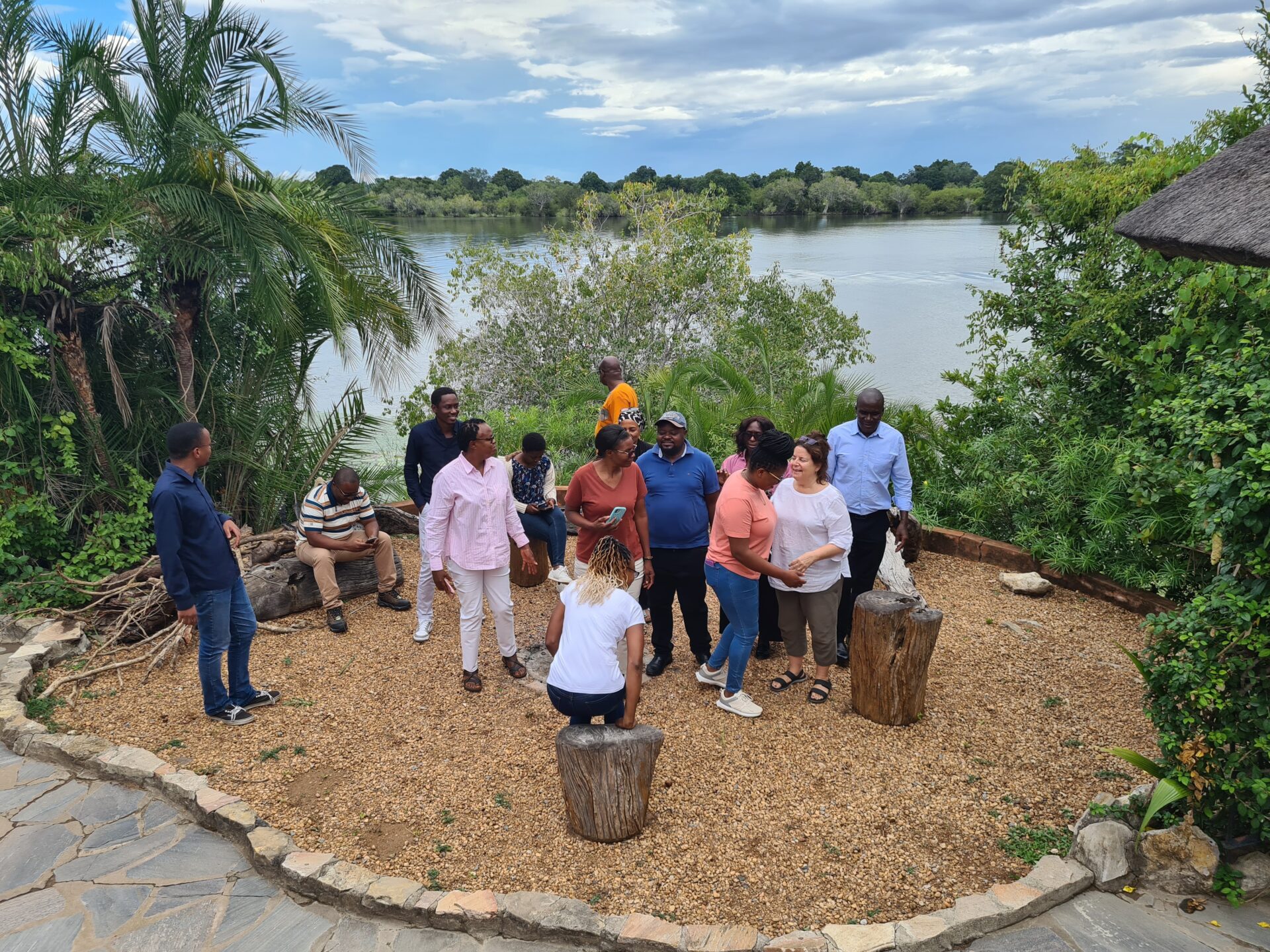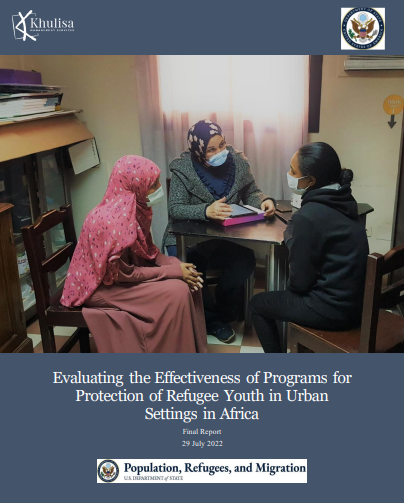Khulisa Associate and star Young Emerging Evaluator (YEE) Mayibongwe Manyoba is leading the embedding and adoption of Evaluative Thinking within all our work at Khulisa. Recently, she curated seven of our favourite resources & quote extracts on Evaluative Thinking.
1. A must-read academic article by Tom Archibald, Jane Buckley and Jason S. McIntosh published April 2020 in the Journal of Multi-Disciplinary Evaluation, titled Refining and Measuring the Construct of Evaluative Thinking: An Exploratory Factor Analysis of the Evaluative Thinking Inventory
“Despite increasing calls for more research on evaluation and, more specifically, for more research on Evaluation Capacity Building, until recently little empirical inquiry on the dimensions of evaluative thinking has been conducted”
2. The Government of New South Wales in Australia’s Centre for Education Statistics and Evaluation has an Evaluation Resource Hub in which it unpacks evaluative thinking
Evaluative thinking is a disciplined approach to inquiry and reflective practice that helps us make sound judgements using good evidence, as a matter of habit.
3. A blog by Tom Grayson on the American Evaluation Association’s AEA 365 portal in which he lists some esteemed evaluators’ work on the topic of evaluative thinking
I just finished reading the recent issue of New Directions for Evaluation, Number 158 Summer 2018, titled “Evaluative Thinking.” This issue offers a broad-based understanding of evaluative thinking. It’s edited by Anne T. Vo and Thomas Archibald. And it is just what the doctor ordered… a prescription for thoughtful evaluations. This issue reminded me of the novella, The Petit Prince, written by Saint-Exupery (1942). In this fable for adults, the Fox tells the Prince his simple secret: “One sees clearly only with the heart [reason]. Anything essential [in evaluation practice] is invisible to the eyes”.
4. A blog published by ODI on Three ways to Incorporate Evaluative Thinking in Monitoring
Anyone who has ever worked in international development knows how difficult it is to have the head space and time for joint reflection. It can be very resource intensive to bring people together from several teams and countries. Where there are a lot of partners involved, each doing their own thing, there’s also always the danger of merely promoting one’s work and sharing only success stories. Sharing what doesn’t work requires trust, and trust takes time to appear. But when facilitated well and conducted in a safe place, joint reflection can create healthy debate on strategic and technical issues.
5. Embracing Evaluative Thinking for Better Outcomesis a case study of four NGOs that have integrated the concepts of evaluative thinking in program planning and implementation. It was developed by CLEAR-AA and other organizations following an AfrEA workshop in 2013
The antithesis of evaluative thinking is treating evaluation as a check-it-off compliance activity.
6. Evaluative Thinking is embedded in all the resources on the Better Evaluation site. Read this article about Evaluation Capacity Strengthening or this blog about the conversations to have when designing a program with evaluative thinking in mind – there are also many other rich resources
There have been long-running discussions about the role of evaluative thinking and evaluators in program design. However, this conversation still often happens too late. Many a time, an evaluator is brought in after the intervention has been designed and established, and the data reporting systems are operational, which creates stress and barriers for all parties. The evaluators often struggle to provide a meaningful answer to their clients’ or colleagues’ questions with the information they have available to them, while program staff feel like they are swimming in a sea of reporting.
7. Chapter 3 of The Knowledge Translation Toolkit: Bridging the Know-Do Gap: A Resource for Researchers edited by Gavin Bennett & Nasreen Jessani focusses on Evaluative Thinking
Evaluative Thinking is a constant state-of-mind within an organization’s culture and all its systems. So it is not a forensic mortician; it is a doctor – checking the pulse, diagnosing condition, prescribing for prevention, remedy, and enhanced performance.
Also note that the third webinar on Evaluative Thinking in a Time of Global Crisis will be hosted by SAMEA on Thursday, 25 June 2020 from 3:00PM-4:00PM. This webinar will be presented by Tom Archibald. To RSVP email info@samea.org.za by or before 24 June.
Are there any other resources that you often refer to on Evaluative Thinking, do let us know what they are.


